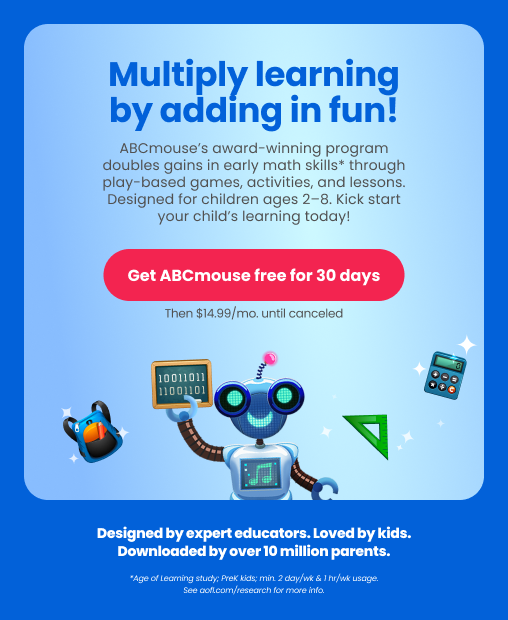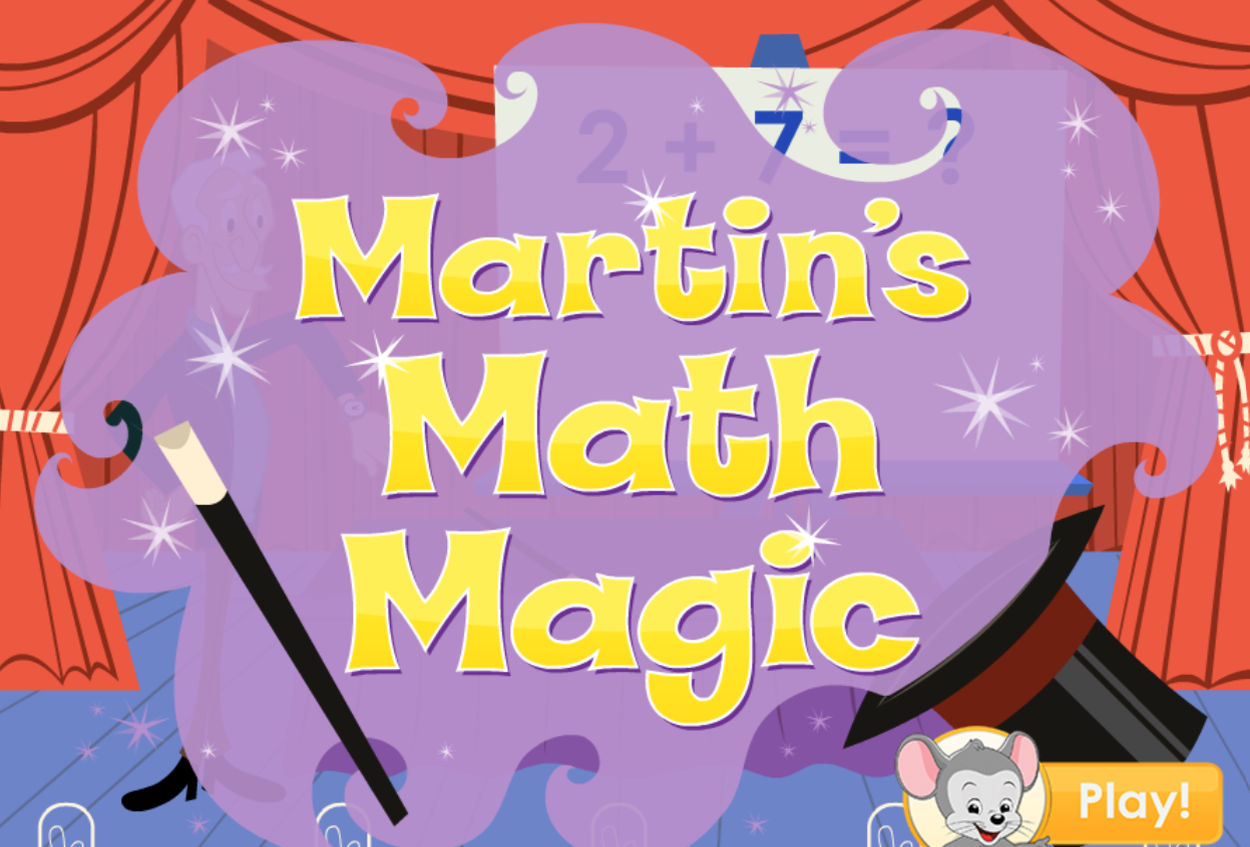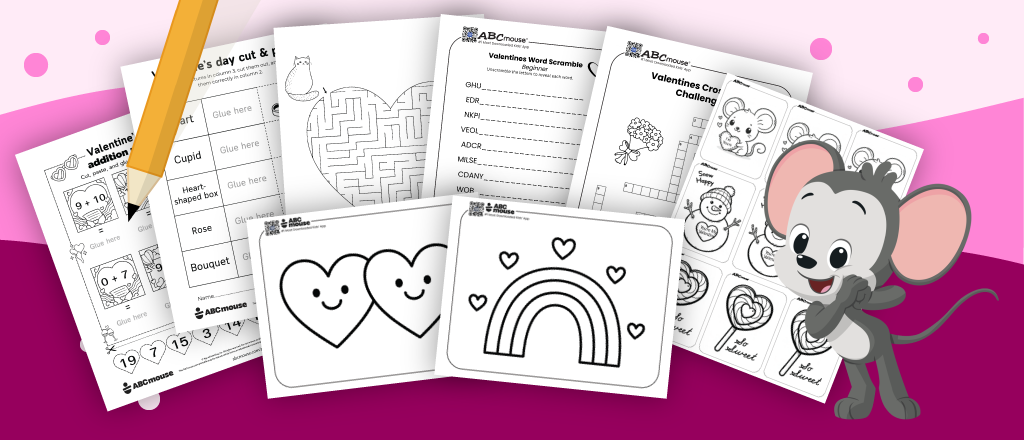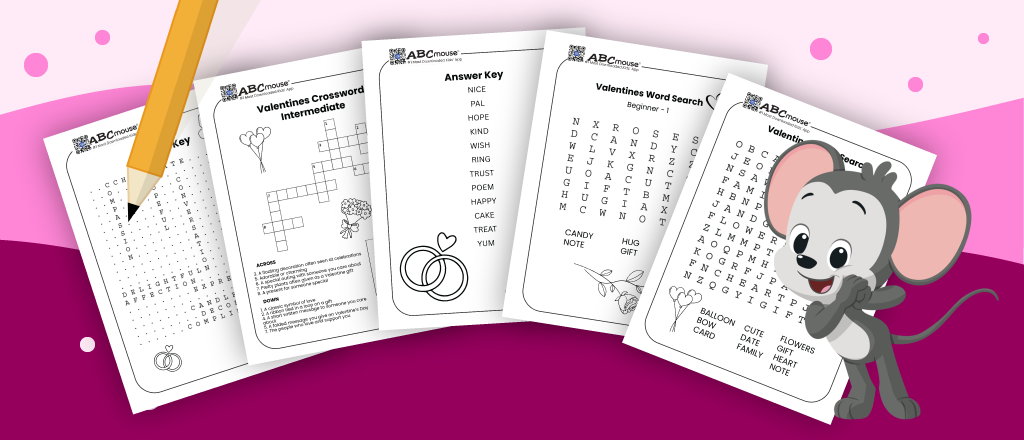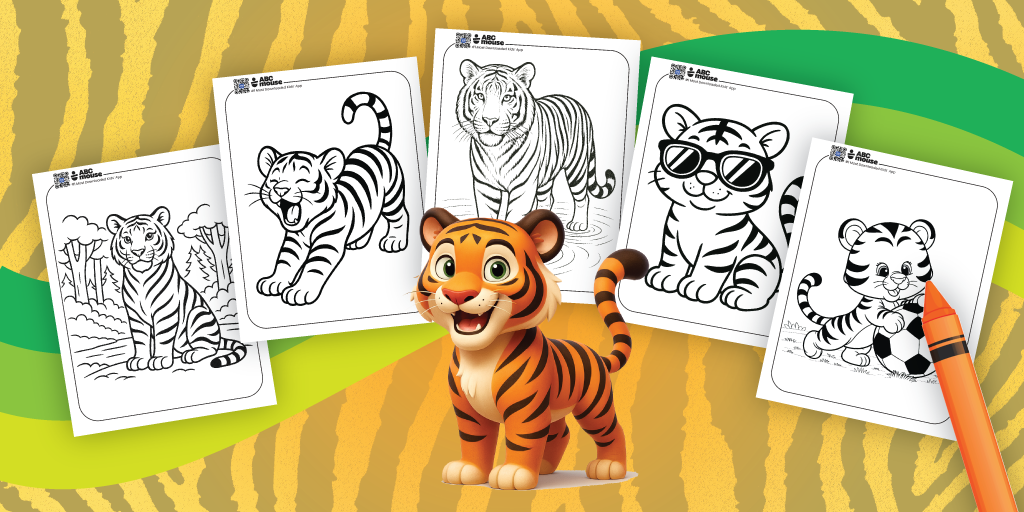How Online Games Can Enhance Foundational Math Concepts

Just as online educational games bring benefits to learning literacy skills, such as recognizing sight words and learning the alphabet, they also offer advantages to learning foundational math skills, such as shape recognition.
Research on the effectiveness of online educational games in improving basic math skills in children has shown promising results. Studies indicate that digital game-based learning can be an engaging and effective way to help teach math skills to children.
Digital Math Games in Action
To better understand how digital games can aid in teaching beginner math skills, let’s explore how these games can turn foundational math concepts, such as learning shapes, into engaging activities that capture children’s interest and facilitate deeper learning.
How Digital Games Make Math Appealing to Young Children
- Integrate the fundamental concepts of geometry with interactive, engaging activities.
- Tailor gameplay, including content and game visuals and audio, to the correct age group.
- Turn abstract concepts, like shapes, into vibrant and fun experiences.
Incorporating all three of these elements into an educational math game needs to be done seamlessly to create a quality and impactful learning experience.
Examples of How Digital Math Games Make an Impact
Games like Martin’s Math Magic make learning math fun and effective by turning practice into play. As kids solve problems to help Martin on his journey, they build confidence and fluency in addition and subtraction—key skills for early math success. Interactive games like this keep kids engaged while reinforcing important concepts.
Another advantage of using educational games to teach concepts like shape recognition is their ability to present geometric figures in a dynamic and visually appealing way. Children can interact directly with shapes, manipulating them through dragging, rotating, and matching activities.
ABCmouse doubles early learning gains in reading and math.*
*Age of Learning study; PreK kids; min. 2 day/wk & 1 hr/wk usage. See aofl.com/research for more info.
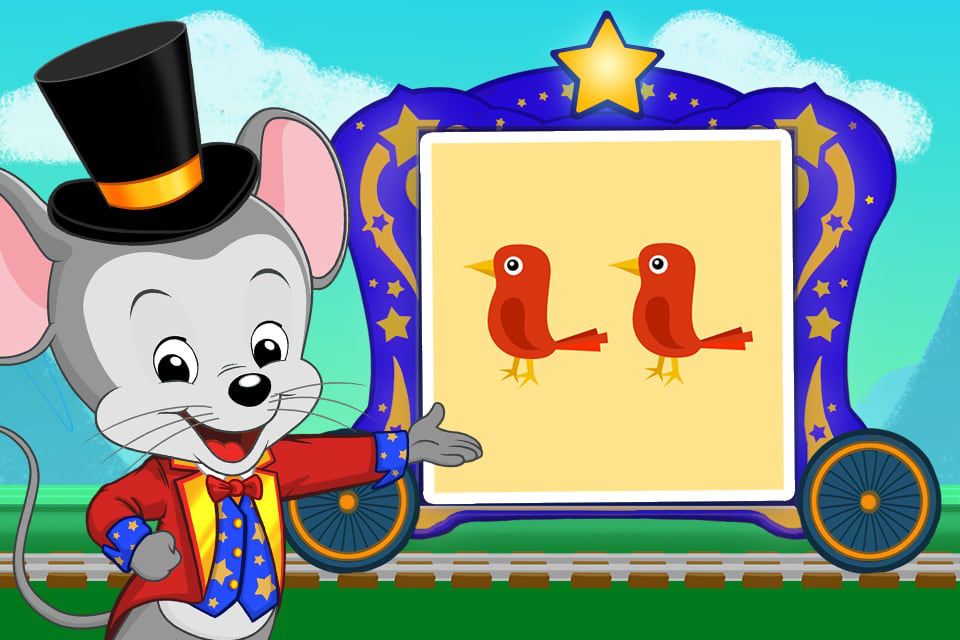
This hands-on interaction can help young learners understand the properties of different shapes, including how they look from various angles and how they fit together with other shapes.
For example, children can sharpen their subtraction skills in the game Subtraction Action with Brutus, where they help Murphy fix a mischievous numbers machine by solving two-digit subtraction problems. As they select the correct answers, they help Murphy progress —reinforcing fluency in subtraction through interactive, engaging gameplay.
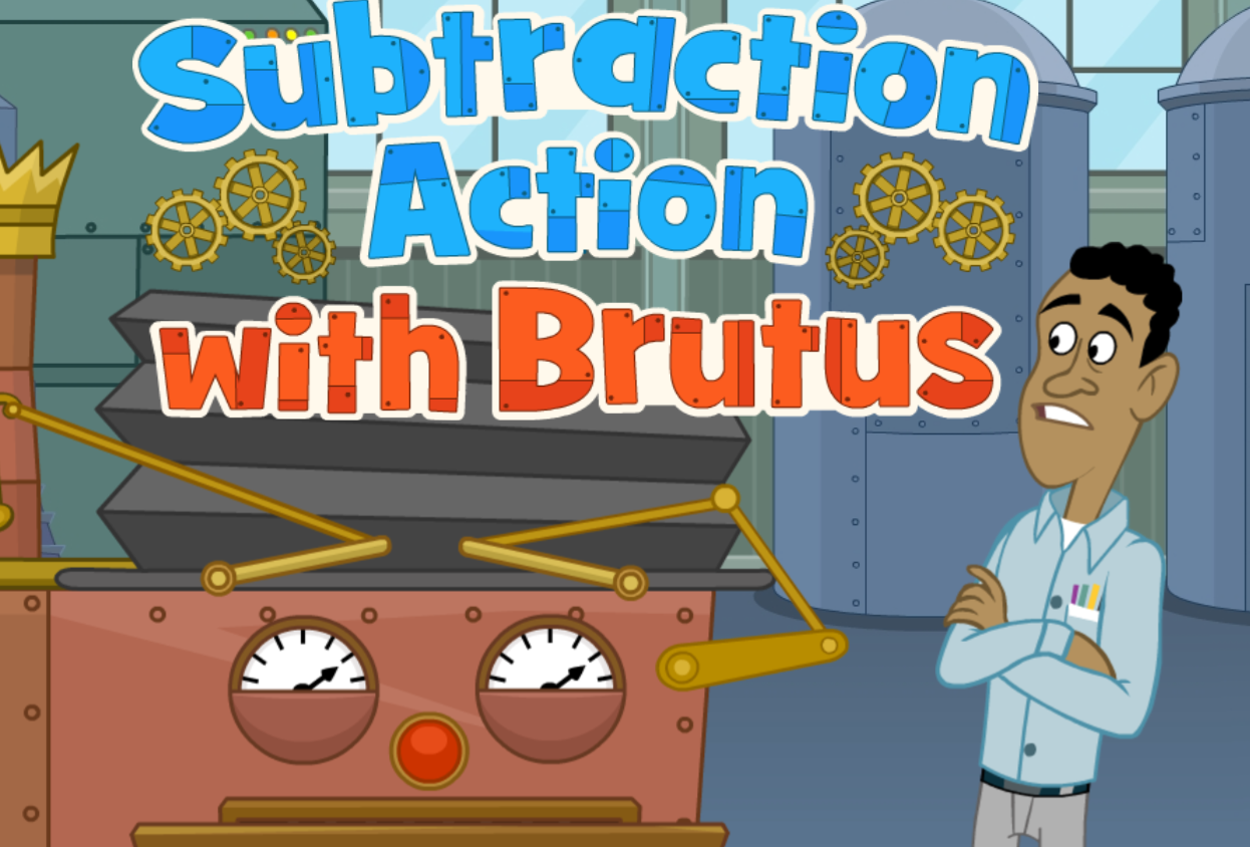
Explore More Digital Math Games
Here are two more online games that can help bolster children’s early math skills, specifically with shape recognition.
Shawna’s 3D Paper Shapes
In this interactive game, children learn how 2D shapes come together to form 3D objects like cubes and pyramids. It’s a playful, visual way to build spatial reasoning and deepen understanding of key math concepts through creative problem-solving.
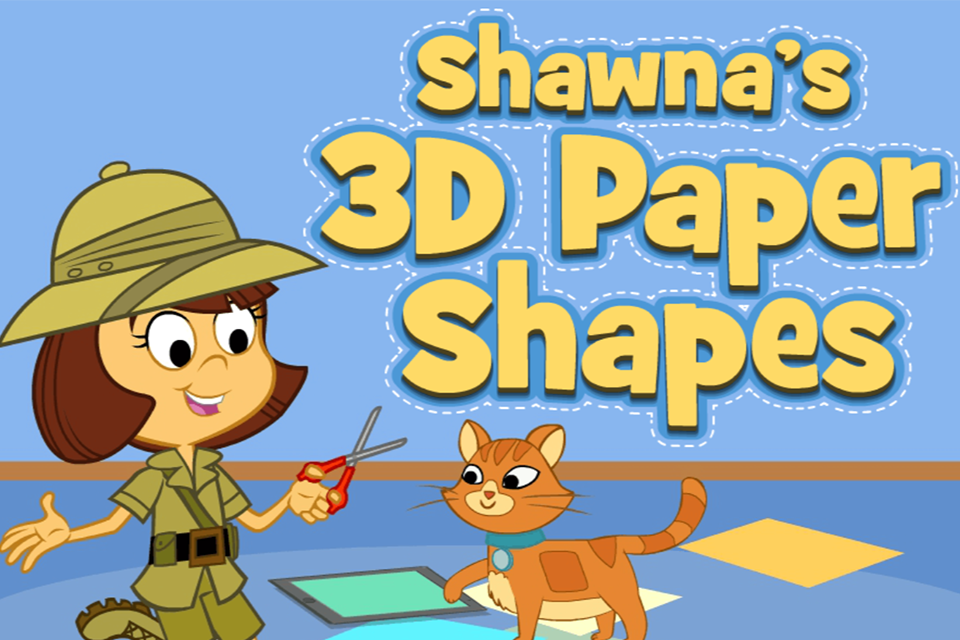
Nutly’s Conservation Day
In this game, children join Nutly the squirrel to learn about recycling, saving energy, and protecting natural resources. Through fun, real-life scenarios, kids build environmental awareness and discover how small choices can make a big impact.

The integration of game-based learning into math education can offer a more dynamic and motivating learning experience for children, potentially leading to improved mathematical skills and greater enthusiasm for the subject.
Related Activities
-
Valentine’s Day Printables
Over 100 free Valentine’s Day printables for kids—coloring pages, puzzles, cards, and more fun activities to print and enjoy.
-
ABCmouse Reaches 1 Billions YouTube Visits!
ABCmouse hits 1 billion YouTube views in 2025, sharing engaging early learning videos that support kids’ development at home and school.
-
Valentine’s Day Word Searches, Word Scrambles, Crossword Puzzles, and More!
Free Valentine’s printables for kids ages 2–8! Word searches, scrambles, crosswords, and more for fun spelling and vocab practice.
-
Tiger Coloring Pages for Kids (Free Printables)
Explore 50+ free printable tiger coloring pages for kids—featuring cute cubs, jungle scenes, and fun cartoon tigers to color at home.
-
January Coloring Pages for Kids (Free Printables!)
Celebrate winter with free January coloring pages—penguins, snowmen & cozy scenes perfect for kids at home or in the classroom.



